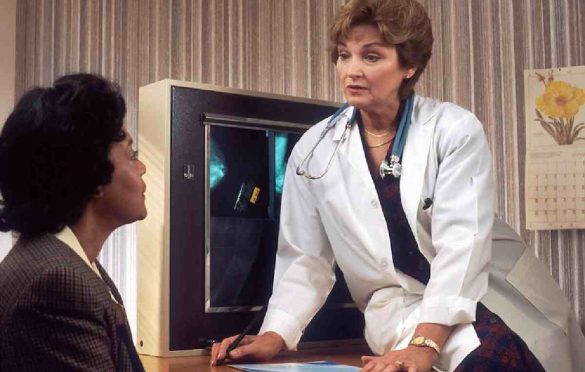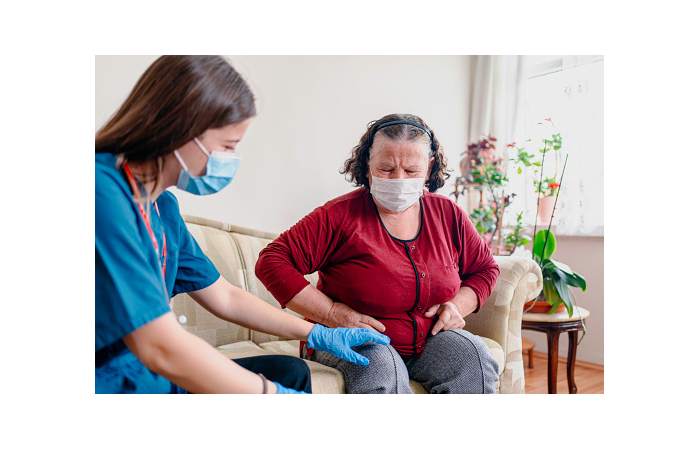Understanding the Risk Factors for Incontinence

Incontinence is a medical condition that causes a person to lose bladder control. It often causes discomfort and embarrassment, particularly if the condition has worsened. While not a direct result of aging, most incontinence sufferers are of advanced age. The severity can vary from occasionally leaking droplets of urine to a sudden, uncontrollable urge to urinate where the person couldn’t reach the toilet in time.
Having incontinence can adversely affect someone’s lifestyle. The condition can cause undue discomfort, especially when it limits social interaction and mobility and exposes the person to a higher risk of accidents. However, incontinence is a manageable condition. Medical experts can help sufferers in choosing the right incontinence treatment after a series of consultations. Each case is unique, so doctors must provide patients with a personalised plan to help them manage their condition. Depending on the medical history and overall prognosis, there will be different suggestions.

Table of Contents
Here are some risk factors that can increase the chances of acquiring incontinence.
Age
One of the primary risk factors for incontinence is advancing age. As people age, they may lose control of the muscles controlling their urethra. Some medical experts also state that advancing age can cause the bladder to contract, reducing how much it can hold. As the muscles decrease in strength, so does the ability to hold the urine inside the bladder.
Gender
According to various studies, gender is one of the biggest factors affecting incontinence. While the risk of developing incontinence applies to both men and women, different comorbidities can increase the risk for women, especially from age 60 and above. Most medical practitioners count pregnancy, menopause, childbirth and the female anatomy as among the risk factors that adversely affect the incidence of incontinence among women. Furthermore, some studies have stated that some women don’t report incontinences to their healthcare professionals as they believe it is part of ageing.
Weight
Being grossly overweight or obese greatly increases the risk of developing incontinence. The extra weight causes undue pressure on the bladder, gradually weakening its muscles. The weakened muscles begin to allow urine to leak when the elderly sneeze or cough. Once the muscles decrease in strength, they will gradually decline, increasing the severity of the condition.
Genetics
According to recent studies, there’s a higher risk of developing incontinence if there are cases within the family tree. Findings say that there’s a higher susceptibility to developing the condition if there are people in the family who suffer from overactive bladders or have problems with their prostates.
Alcohol consumption
Regular consumption of alcoholic beverages over time can increase urine production and weaken the bladder muscles. Alcohol is a diuretic that makes the body produce more urine, leading to people needing to use the restroom more often. Over a while, the body adapts, and it can lead to incontinence.
Lifestyle diseases
Lifestyle diseases such as diabetes and hypertension can affect your chances of developing incontinence. In addition, some medications taken to control the diseases could adversely affect the bladder muscles and cause them to fail.
Endnote
Incontinence is a manageable health condition. However, several risk factors will elevate your chances of developing it based on your lifestyle.


